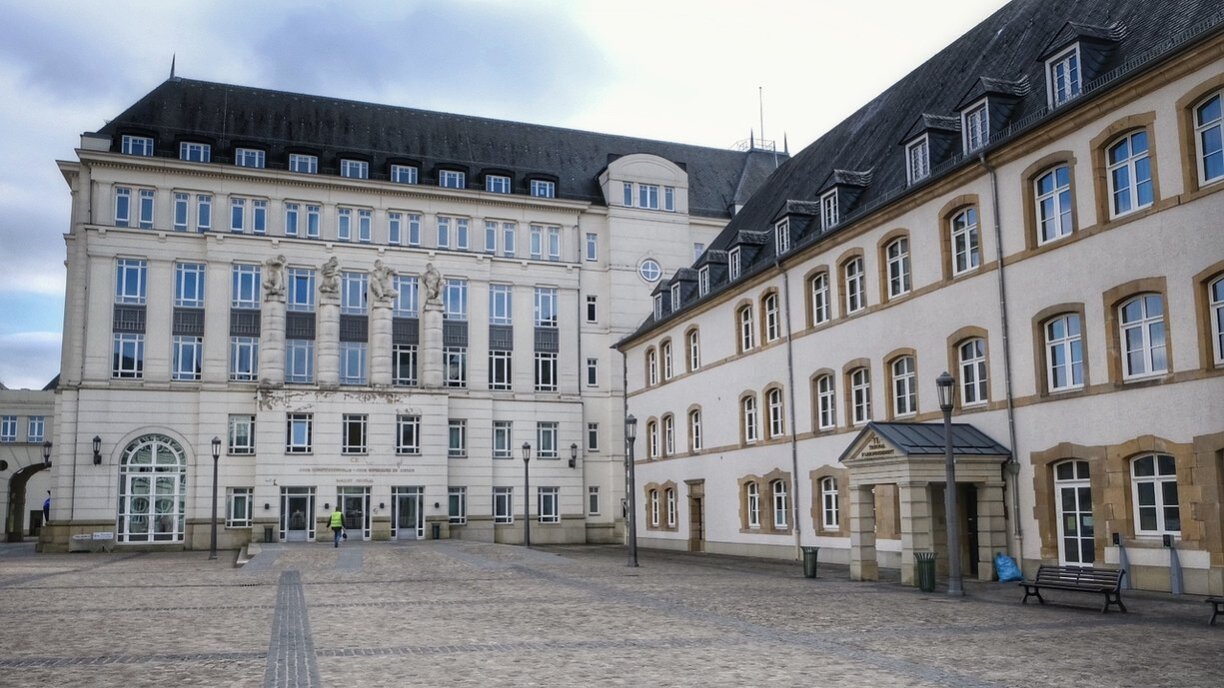
The ongoing Bommeleeër trial concerns alleged false statements made during the Bommeleeër trial in 2013/14. However, the civil party, consisting of the main defendants in the first Bommeleeër trial, Jos Wilmes and Marc Scheer, sought to call three additional witnesses, including Ben Geiben, founder of the Elite Unit of the Mobile Brigade of the Gendarmerie, who left the force in 1984.
However, the lawyers for the defendants in the current trial unanimously considered that the civil party was seeking to prolong the 2014 Bommeleeër trial and avoid addressing the issue of the false statements made by the six current defendants.
They also criticised Jos Wilmes and Marc Scheer for their seeming arrogance for claiming €500,000 each in damages from individuals who had supported them at the time, some of whom lost their jobs. The judges rejected the request to summon additional witnesses.
Attention then turned to the 18 alleged false statements made by Aloyse Harpes, 97, a former senior officer of the gendarmerie. At the 2013 trial, Harpes had presented himself as largely uninformed and passive, according to the police investigator handling the case.
Harpes’ statements were, in several respects, in complete contradiction with those of other witnesses or with the information in the case file. “Based on his statements, he seemed to have had absolutely no interest in the case at all”, the investigator said. Yet the responsibility fell on him to identify ‘the rotten apple.’ The accused is said to have acted with fervour at first, but then nothing happened.
When questioned about why the Ben Geiben lead was abandoned after the surveillance following the 1985 bombing at Luxembourg’s Courthouse (Palais de Justice), Harpes responded: “As I said, when a case goes badly, you don’t go back to dig into it.”
Regarding the accused’s hypothesis of an unknown third party making sure the case was suppressed, the investigator stated: “Someone had to make the call internally within the gendarmerie to make everything calm down. The question then is who could have given such an order to bring everything to a standstill? It seems that he was the only one capable of executing such an order from outside the gendarmerie.”
The suggestion that the bombers might have been military personnel was later dismissed by Harpes, as he believed it was clear they could not have come from such an environment.
Aloyse Harpes’ lawyer, his son André Harpes, criticised the investigator for stringing “one assumption after another.” He accused him of assembling pieces of the puzzle to fit a narrative. The investigator defended the approach, stating that the examining magistrate had authorised such reflections to evaluate the work of investigators and their hierarchy: “Otherwise, nothing moves forward”.
On Wednesday, it was also noted that Marc Scheer, a defendant in the 2013/14 trial, had contacted Marcel Weydert in 2012 to confirm his identity in a photo published by the Luxemburger Wort, after a journalist from the Wort had asked him about it.
Read also:
Bommeleeër affair reopens with trial of former gendarmes over false testimony
Lawyers argue the case cannot be separated from main Bommeleeër trial